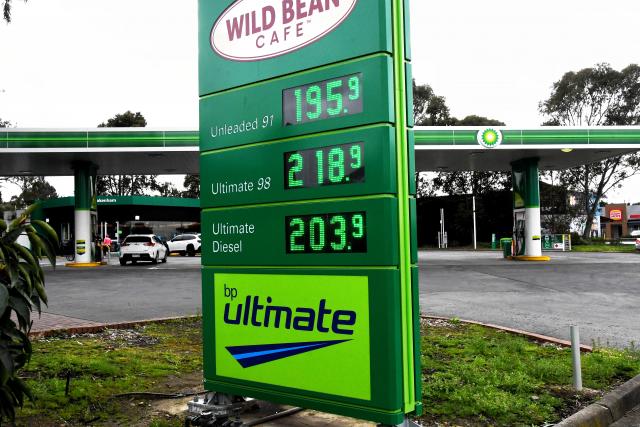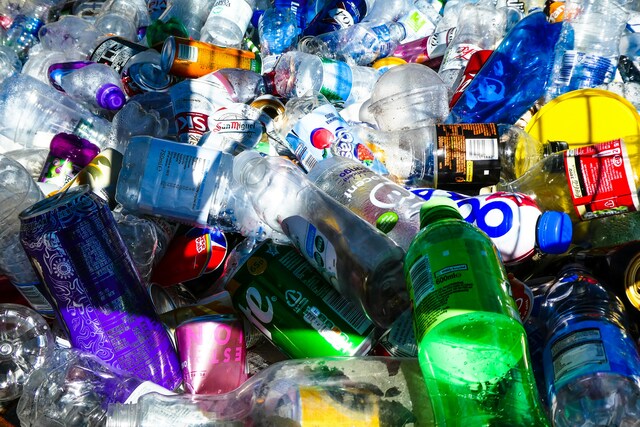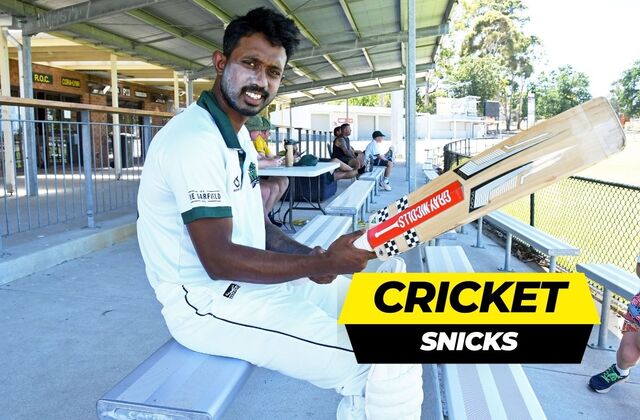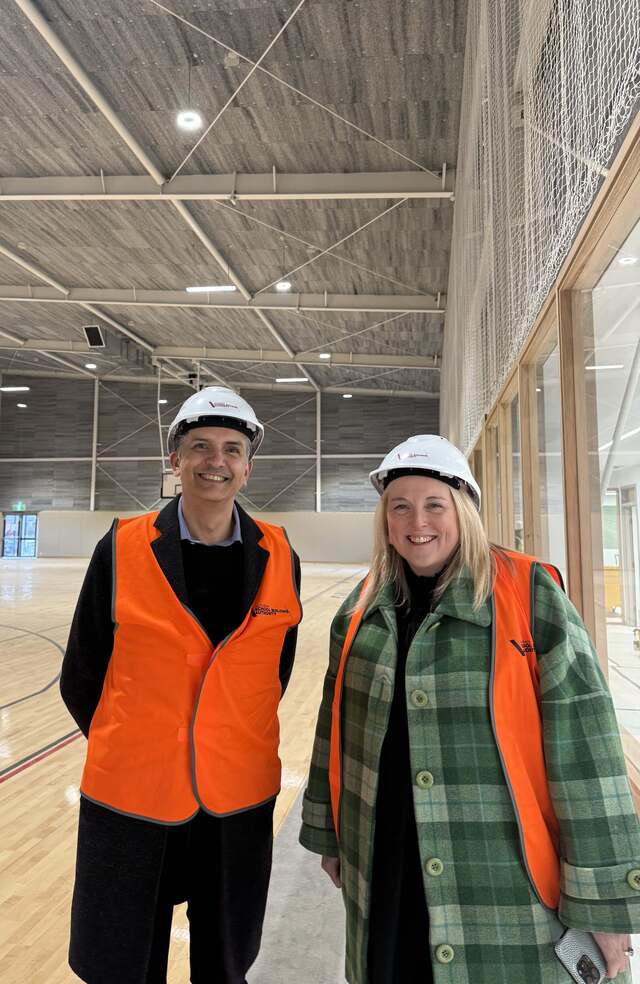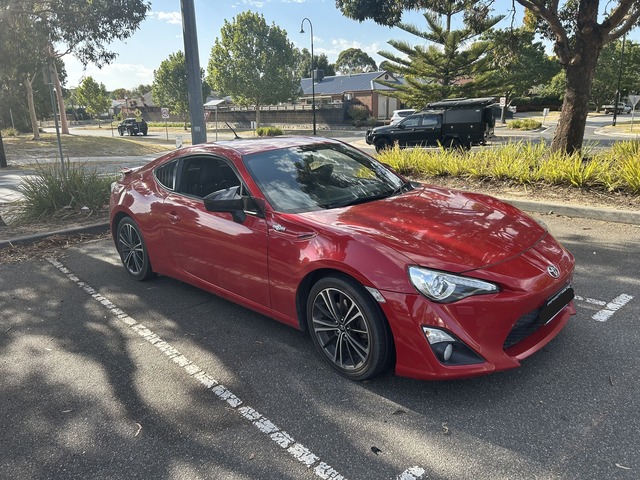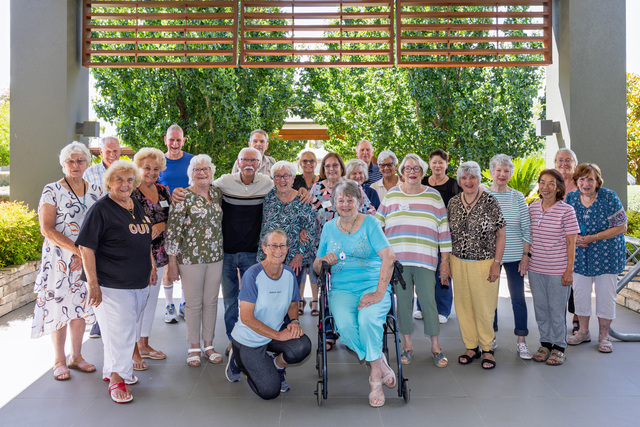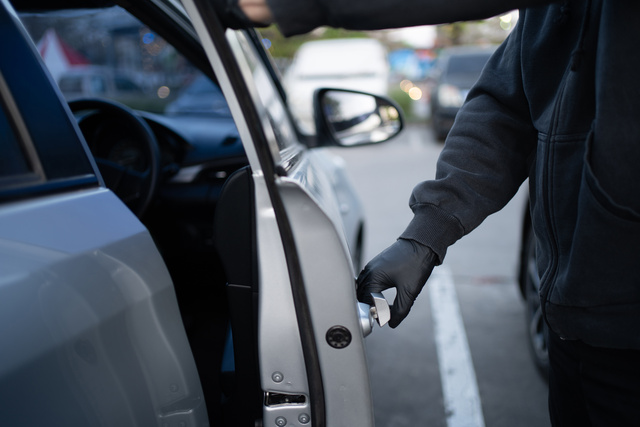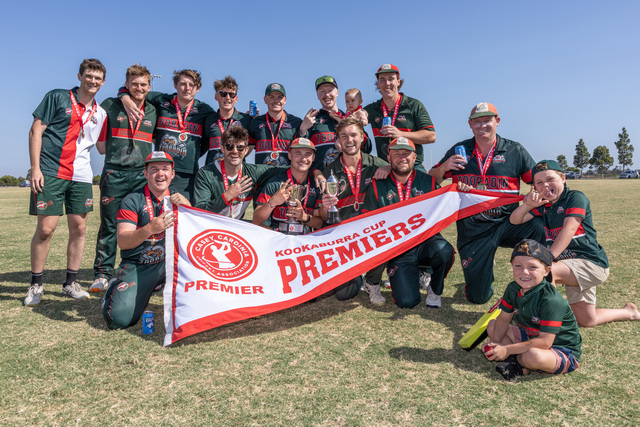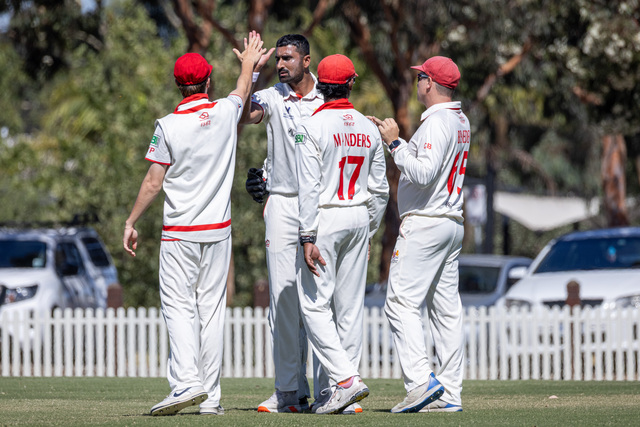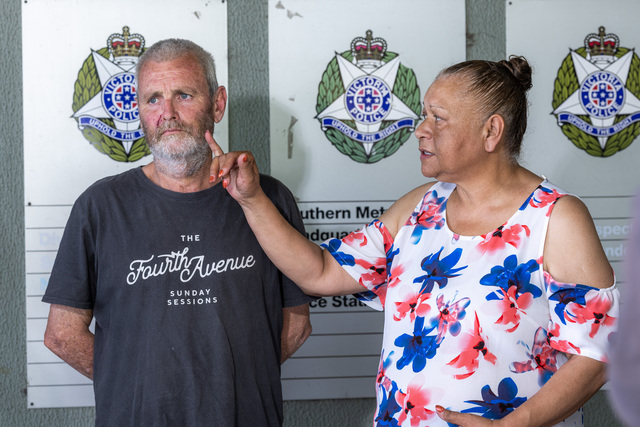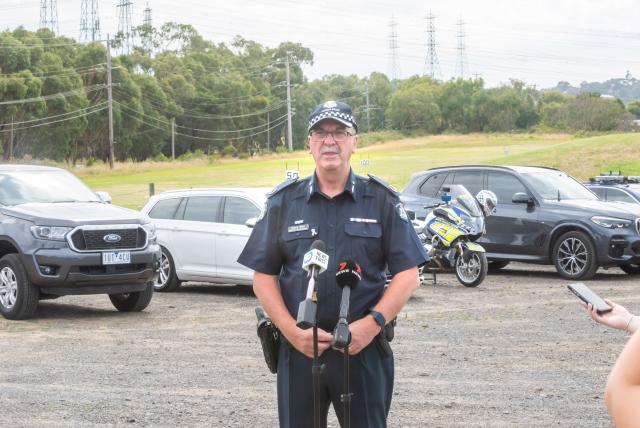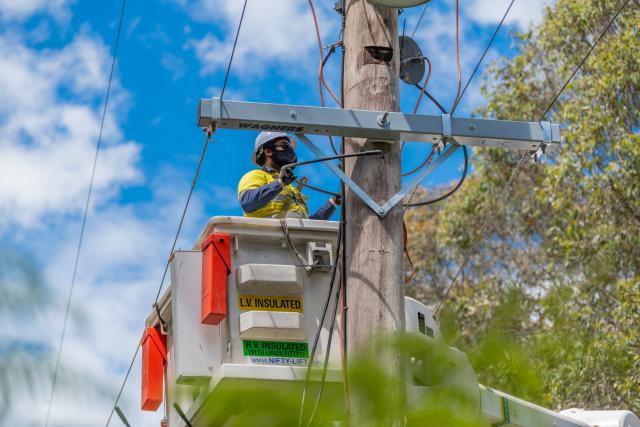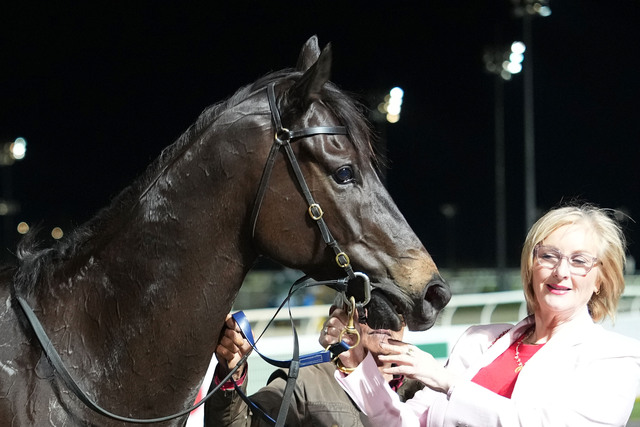“Transport and geographically disadvantaged” residents in Melbourne’s South East are set to feel the pressure of the cut to the fuel excise on Thursday 29 September more than their inner-city counterparts, according to Community Information and Support Cranbourne Executive Officer Leanne Petridis.
A 23-cent per litre sales tax levied by the Australian Government on petrol and diesel purchased at the bowser is set to double, having been temporarily halved by the Federal Government from its original 46-cent mark back in March.
Ms Petridis said her service is already experiencing high demand for fuel vouchers at a time when other financial pressures such as interest rate increases are already making life difficult, with driving becoming a “luxury” for many in the community.
“We’ve given away $500 in petrol vouchers today,” Ms Petridis said on Monday afternoon, 26 September.
“Where people are already struggling to make ends meet or might be hanging on, having that extra burden of high prices adds to that stress and pressure that budgets are already feeling.
“People will prioritise fuel over food in our experiences at Cranbourne, whereas with our inner city agencies, it’s a reverse. Due to accessibility to public transport out here, people simply don’t have that option.
“It’s a bit like being on a treadmill; people are constantly being in that stressful position of working out what bill needs to be payed? What food can we eat? Or how far can we travel?”
Clients of CISC have shared accounts of minimising travel as much as possible in order to cut down on the use of their cars, including grouping chores and tasks together.
“Some people are parking their car where they need to be hanging around there until they need to move again, just minimising travel as much as possible,” Ms Petridis said.
“Sadly people are used to living on a shoe-string and this just adds to that.”
The Australian Competition and Consumer Commission (ACCC) said they will be monitoring wholesale and retail petrol prices closely and will not hesitate to take action on evidence of price collusion or misleading statements on price movements.
The Commission said they do not expect retail prices to be immediately impacted by the cut to the excise, due to a range of factors including global currency exchange rates and the international price of oil.
They also anticipate a longer lag in the adjustment of prices in regional locations compared to more urban areas, due to a lower turnover of product.
“We will shortly be engaging with fuel wholesalers and retailers to say that we do not expect to see uncharacteristic or abnormal wholesale and retail price increases in the days leading up to, and on the day of, or after, the reintroduction of the full rate of fuel excise,” ACCC Chair Gina Cass-Gottlieb said on Monday 5 September.
“Our monitoring and analysis will assess and report on all factors influencing retail prices.
“The ACCC will continue its weekly reporting to consumers about what is happening to fuel prices and when to find the cheapest fuel.”
Unleaded petrol hit an average peak price of 218.4 cents/litre in mid-March before the excise was halved, reaching a dip of 1.57 cents/litre in mid-April.
Advice from the RACV on saving fuel includes accelerating gently, driving at lower speeds than usual, keeping tyres properly inflated and removing unnecessary weight from your car.

